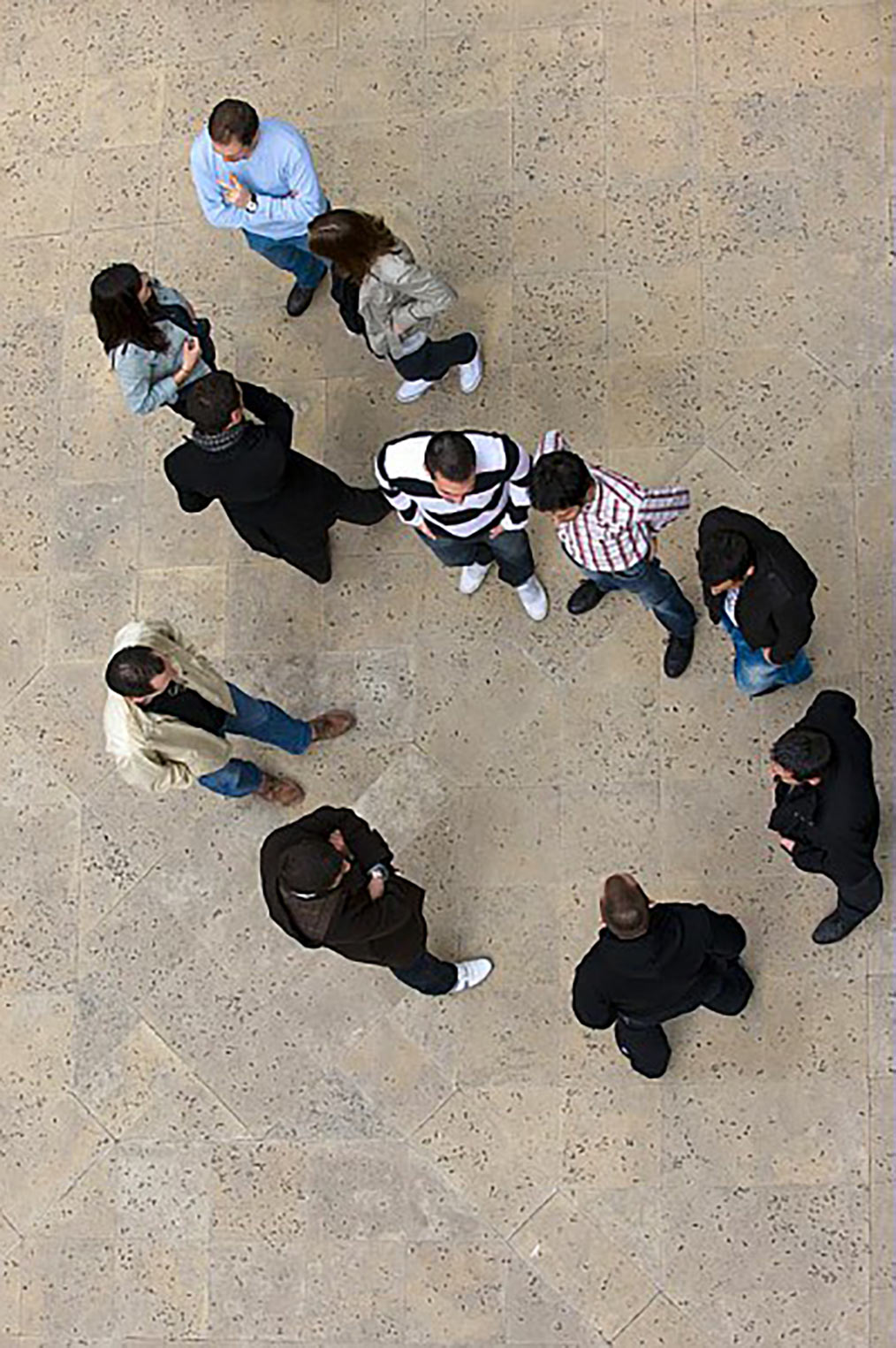 The objective of research theme 1 is to question training design, as well as the circulation of knowledge and learner skills development, in connection with social, cultural and professional situations. These three areas are investigated along the following lines.
The objective of research theme 1 is to question training design, as well as the circulation of knowledge and learner skills development, in connection with social, cultural and professional situations. These three areas are investigated along the following lines.
1. Training design
This line of questioning concerns professional, in-service and initial training as well as life-long learning put in their societal context. The objects of research are diverse, ranging from educational engineering and training programmes, training policies, to computer-assisted learning and teaching. The researchers explore the processes involved in training design and the potential of the corresponding learning environments. With this end in view, some research focused on simulation-based design questions how knowledge is built in such contexts, and investigates the relationship between learners’ experience and reflexivity. Other research concerns blended learning as a support to language learning for professional purposes, as well as interdisciplinary and intercultural skills. While taking into account needs related to the social, societal, economic and technological context of engineers, training for innovation and creativity is also investigated.
2. The place of knowledge in a learning context
The second area of research pertains to the place of knowledge in various learning contexts. Communication and the transmission of knowledge take up various shapes in training and tend to pave the way to increased learner participation in the elaboration of their learning paths, in open, and informal contexts endowed with learning potential. How visible knowledge is, how it is presented and appropriated, and how it circulates are all areas of investigation, explored in light of traditional modes of transmission. The development of IT also leads us to view learning contexts in terms of socialisation, interactions, confidence and collaboration. Particular topics of research include, for instance, language training in eTandem, teacher training using simulation, cultural mediation as a way to bring out scientific and artistic knowledge, and the recognition of experiential learning of the patient in the healthcare sector.
3. Incorporation, development and recognition of the skills of individuals
Here researchers investigate how the skills of individuals are incorporated, developed and recognized in various social situations – in the health sector, in scientific training, and in the workfield of researchers and engineers. The study of individual involvement is central. Two main areas are investigated. The first one deals with the learning experience of individuals in Higher Education, the second one with the way individuals can be valued in vulnerable situations or when they reconsider their careers. More precisely, we analyse the training paths of the various actors engaged in Higher Education (e.g. PhD students and researchers) and how they develop skills while in training. We also study how individuals construct themselves when learning, especially when they are in vulnerable situations. We finally investigate the work-related questions learners might have when given advice for professional development as they are learning to recognize and validate prior learning experience with a view to increasing their employability.
Epistemological framework
Our epistemological framework builds on both praxeology and hermeneutics. The research areas include: social psychology, phenomenology, anthropology, philosophy and applied linguistics, among others. Mixed-method approaches can be used, with the qualitative and quantitative aspects being combined in various ways. Given the diverse researcher profiles found in Theme 1, common research interests can be explored from plural and complementary perspectives.
Keywords: Training design, place of knowledge, skills, learning, learner



 The objective of research theme 1 is to question training design, as well as the circulation of knowledge and learner skills development, in connection with social, cultural and professional situations. These three areas are investigated along the following lines.
The objective of research theme 1 is to question training design, as well as the circulation of knowledge and learner skills development, in connection with social, cultural and professional situations. These three areas are investigated along the following lines.